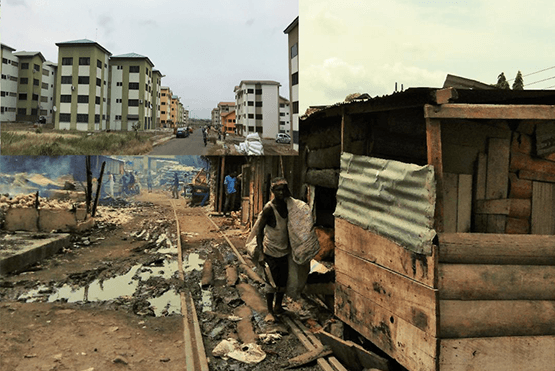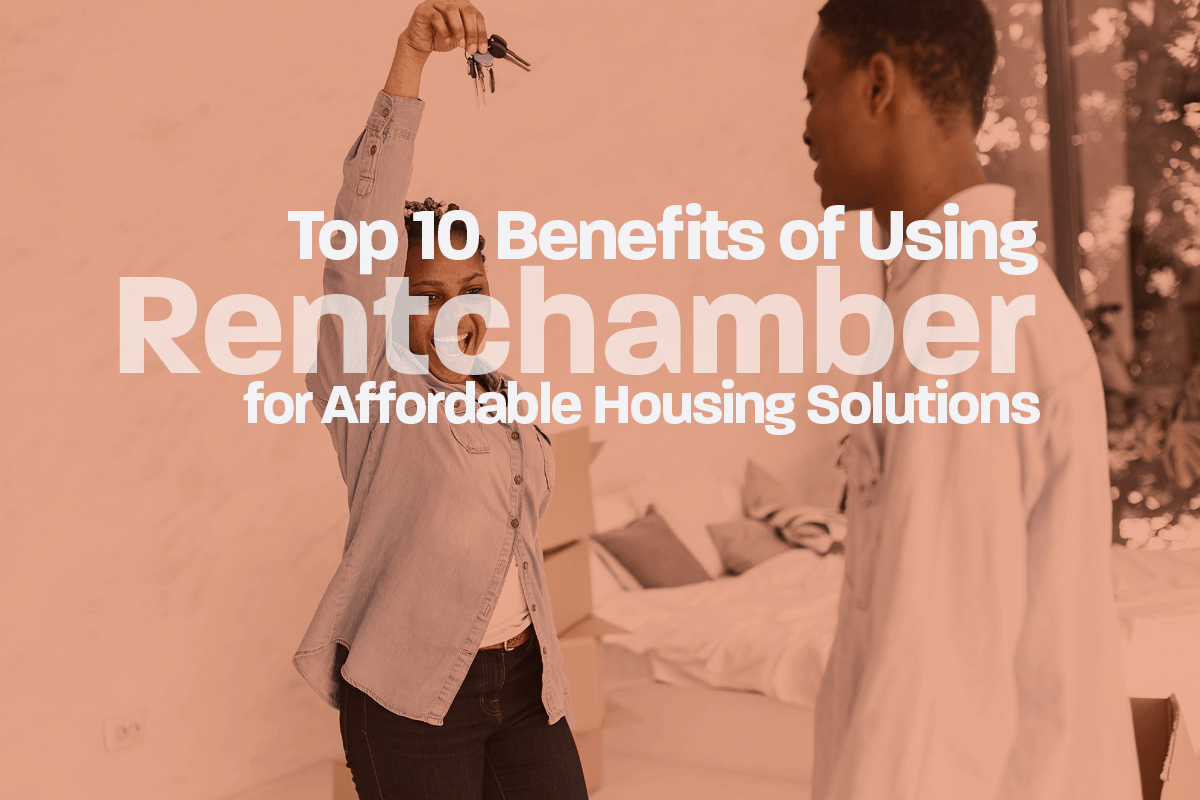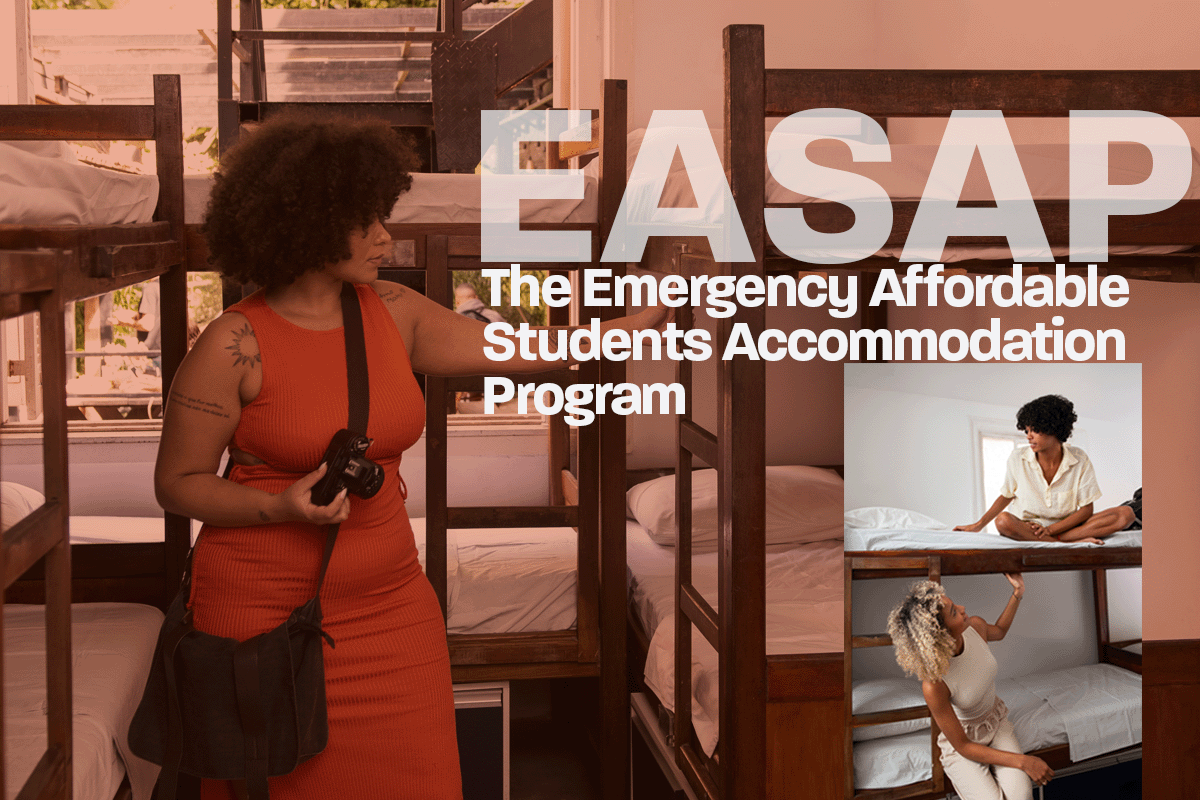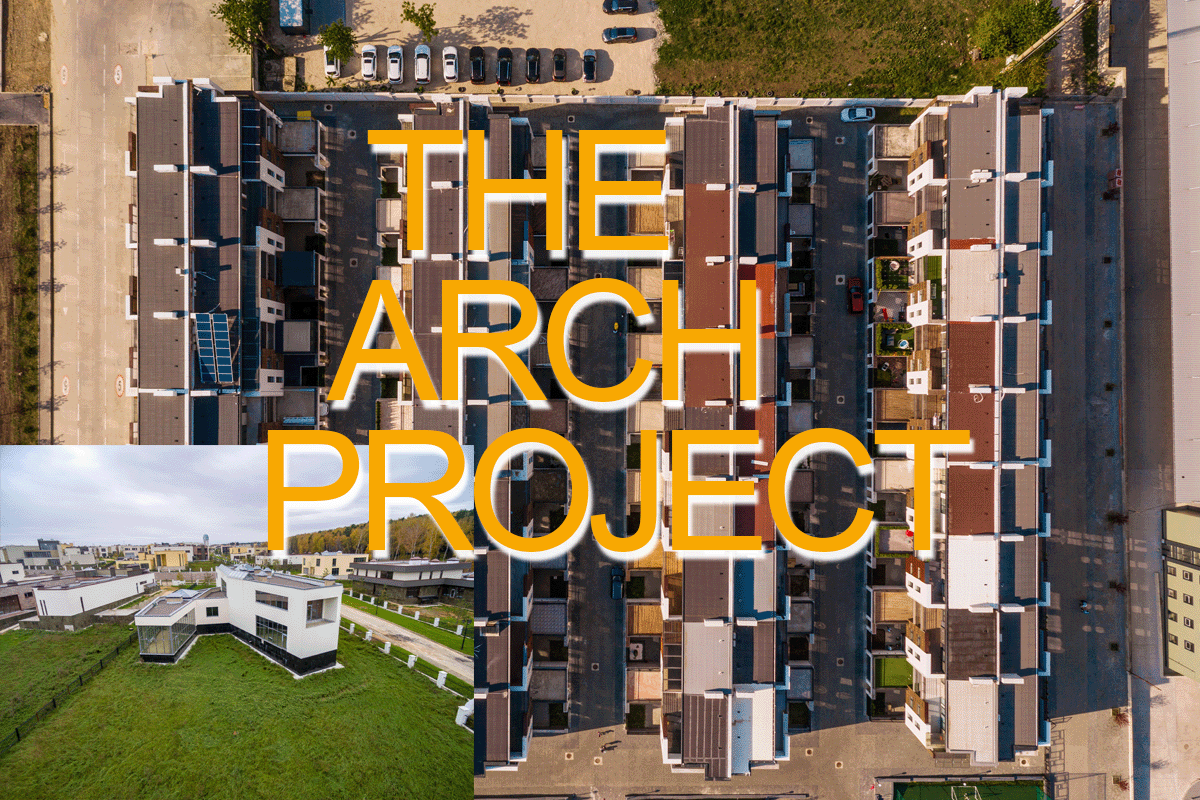In Ghana, the quest for accessible and affordable housing remains a critical concern as urbanization accelerates. The growing population, coupled with limited resources, has led to a housing gap that demands attention. This article highlights the current landscape of affordable housing in Ghana, highlighting the challenges faced and the potential opportunities that lie ahead.
The Housing Landscape in Ghana
-
Urbanization and Housing Demand
Ghana’s rapid urbanization has driven an increase in housing demand, particularly in urban centers like Accra and Kumasi. This surge has outpaced the supply of affordable housing, leading to rising costs and limited options for many citizens.
-
Inadequate Infrastructure
A shortage of infrastructure, including water, sanitation, and electricity, in many housing developments compounds the affordability challenge. Basic amenities are essential for creating livable communities and attracting investment in housing projects.
Challenges in Achieving Affordable Housing In Ghana
-
High Construction Costs
Escalating construction costs, driven by factors such as material prices and labor expenses, contribute significantly to the unaffordability of housing. Finding cost-effective construction methods and materials is imperative.
-
Land Accessibility and Costs
Access to suitable land for housing projects is hindered by bureaucratic hurdles and high land costs. Streamlining land acquisition processes and offering incentives for affordable housing projects can help address this issue.
-
Limited Mortgage Accessibility
Limited access to mortgage financing constrains individuals’ ability to purchase homes. High interest rates and stringent eligibility criteria hinder many Ghanaians from realizing homeownership dreams.
Opportunities for Affordable Housing In Ghana
-
Government Initiatives
The Ghanaian government’s commitment to affordable housing is evident through initiatives like the National Housing Policy and the Affordable Housing Real Estate Investment Trust (REIT). Continued collaboration between the public and private sectors can yield positive outcomes.
-
Innovative Financing Models
Exploring innovative financing models, such as micro-mortgages and rent-to-own schemes, can expand housing affordability options for a wider range of income groups.
Successful Affordable Housing Projects In Ghana
– A government-led initiative that focuses on providing affordable housing units for low and middle-income families.
– A mixed-use development near Accra that integrates affordable housing options, commercial spaces, and recreational facilities.
Community Engagement and Local Solutions
Engaging communities in the housing planning process ensures that projects meet the actual needs of residents. Local solutions, informed by community input, can create sustainable housing solutions that align with cultural and social preferences.
The state of affordable housing in Ghana presents both challenges and opportunities. While the housing gap remains substantial, government initiatives, innovative financing models, and community engagement hold the potential to bridge this gap and provide accessible housing solutions for Ghanaians. Addressing the challenges requires collaborative efforts between policymakers, private sector stakeholders, and the communities they aim to serve. As urbanization continues, a concerted focus on affordable housing is crucial for the sustainable development and well-being of the nation.




